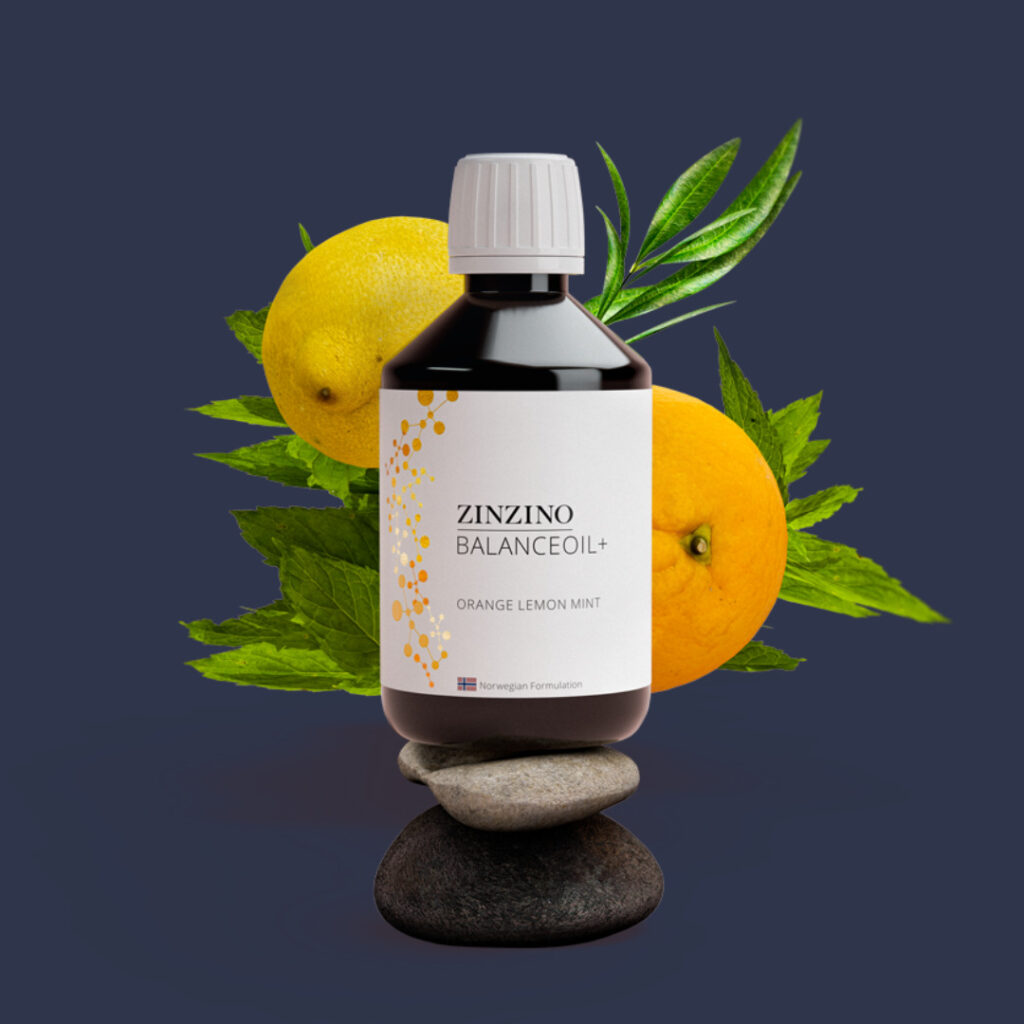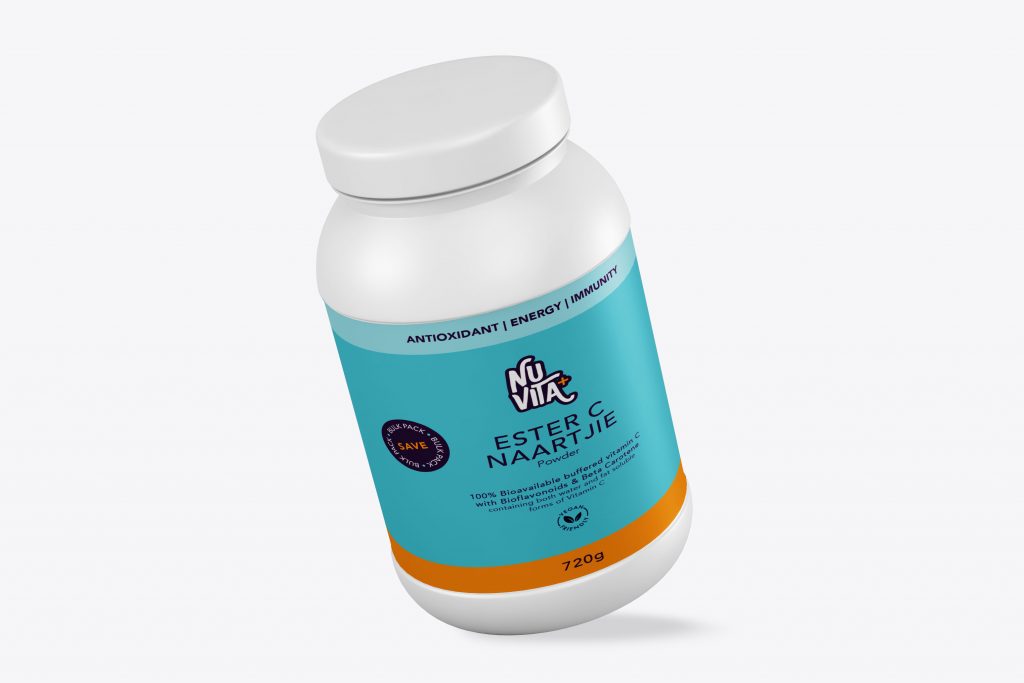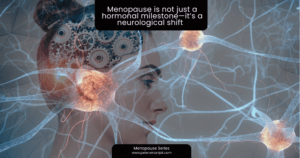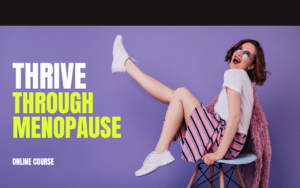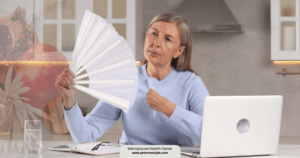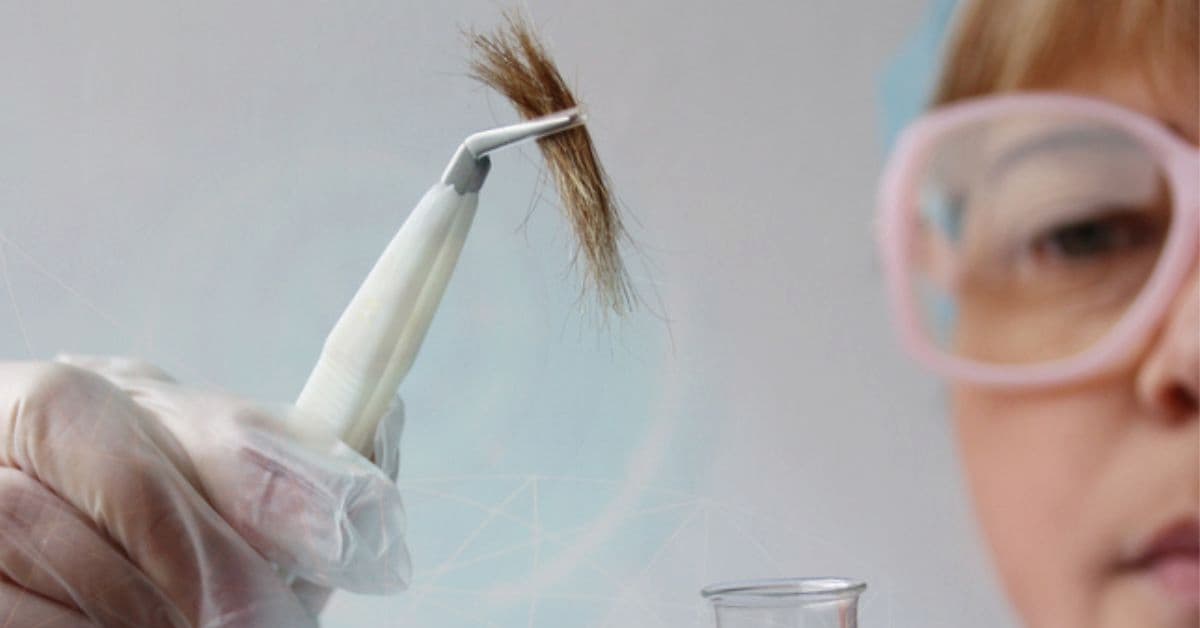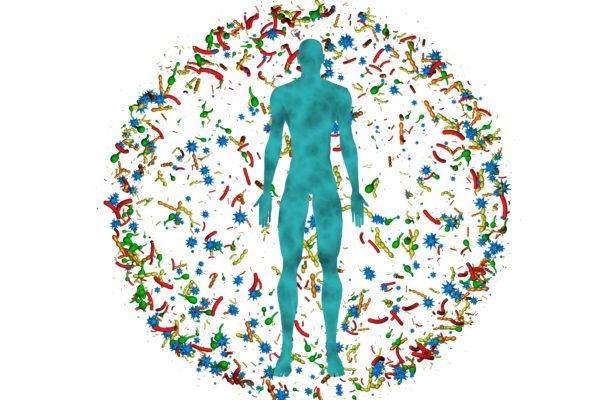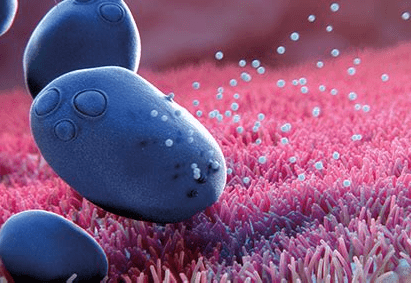Preliminary results from the PREDICT study, presented at the 2019 meeting of the American Society of Nutrition, confirms what we’ve already observed: Different people respond very differently to the same dietary inputs. There is no one dietary approach that’s going to work best for everyone.
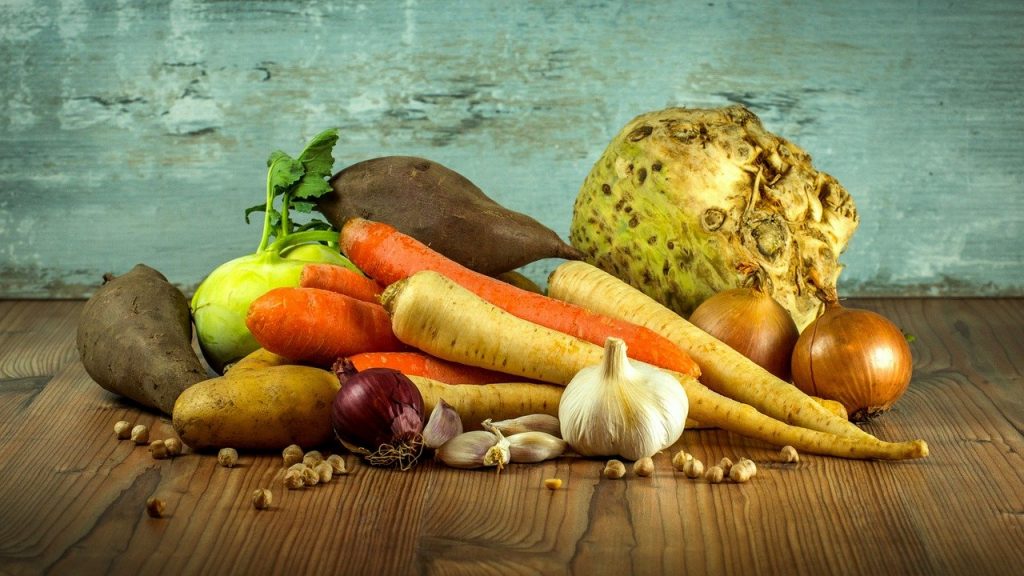
“If I don’t eat veggies with a meal, I feel deprived.” “I think we all should try and eat a good diet. It’s actually a wonderful to eat a good diet, because you’re eating all of these different kinds of foods… and they all taste good, and when you get used to it, you feel better!
Bruce Ames
Similarly, a French study found that obesity and diabetes, defined as diet-related chronic diseases, are “starting point” diseases potentially leading to other diseases such as CVD, skeletal disease and cancer. The study also concluded that mental illness, liver, kidney and digestive diseases are causes as well as consequences of other diet-related chronic diseases. And while several factors play a role in the development of these diseases, they share some common ground: impaired physiological mechanisms.
Broad dietary recommendations, such as “eat more fruits and vegetables,” fail to address specific nutrient needs of an individual, considering the diversity of micronutrient availability in different foods. Although everyone could eat more fruit and vegetables, identifying precise micronutrient combinations and concentrations that prevent DNA damage via dietary manipulations (i.e., increased folate and specific antioxidants compounds found in certain foods) can play a key role in the prevention and control of specific cancers, heart disease and alzheimer’s.
It is known that the colour and phytonutrient profile of foods and vegetable is associated with unique health properties. A study looked at the protective effects of colourful fruits and vegetables on the 10-year incidence of stroke and found that the consumption of white fruits and vegetables (such as apples and pears) was associated with 9% lower risk of stroke. Another study found that purple and red fruits and vegetables were associated with lower weight and abdominal fat, and there was also an improvement in blood sugar and total cholesterol for women
Up until now, genetic tests have been good for identifying health risks, but beyond that, the test results are not being used to their full potential. We can now use that genetic results to discover your ideal diet and lifestyle, which is paramount to optimising your physical and emotional health — like never before!
In the clip below, Bruce Ames, a professor of Biochemistry and Molecular Biology Emeritus at the University of California, Berkeley, and a senior scientist at Children’s Hospital Oakland Research Institute discusses briefly the benefit nutrition on genes. The contributions of Prof. Ames to modern genetic toxicology have been remarkable. Prof. Ames has also been a pioneer in the study of analysis of DNA oxidation, antioxidants and the biological regulation of antioxidant defence mechanisms, the activities of vitamins and other micronutrients, the mechanisms of aging, and the causes and possible prevention of cancer, among many other important subjects. Prof. Ames is the author of more than a dozen papers in “Mutation Research”. He recently celebrated his 90th birthday, and he continues to publish.

